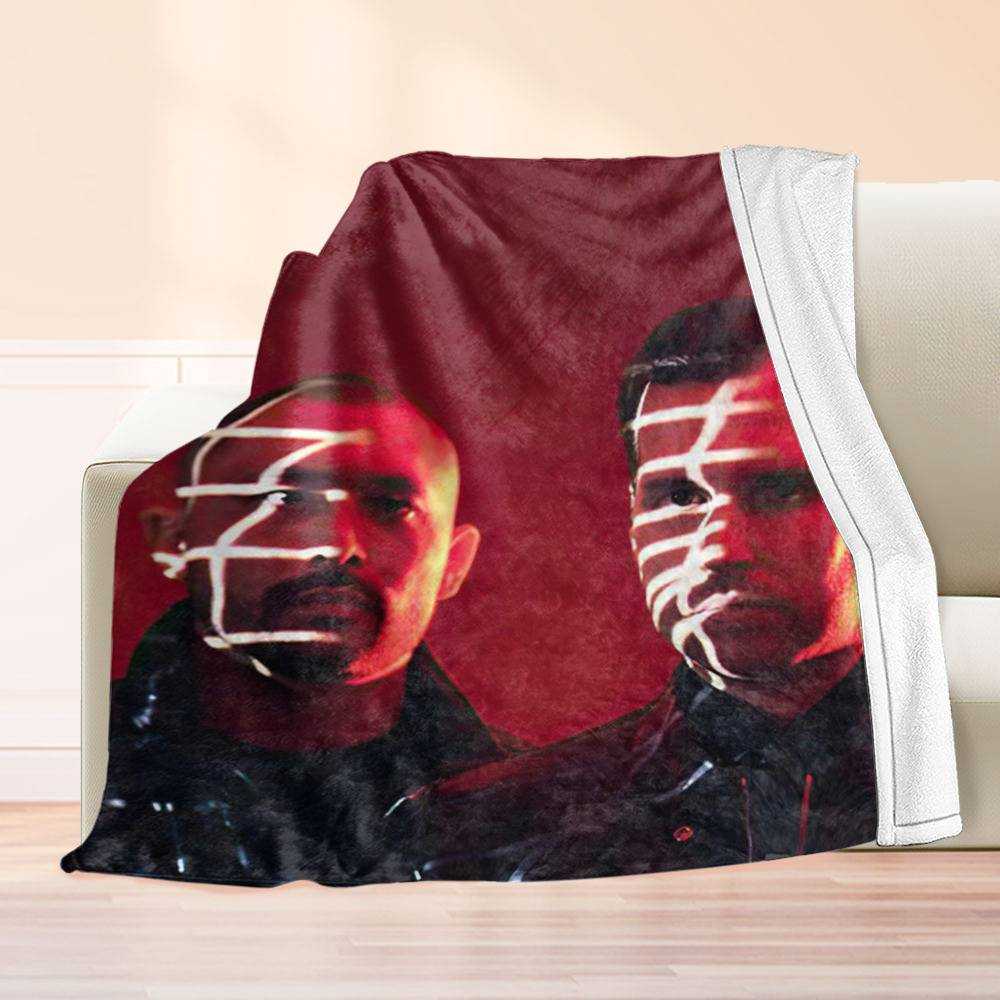In recent times, the concept of slander merch has sparked heated debates and raised eyebrows across various online platforms. This merchandise trend, rooted in controversy and confrontation, has become a hot topic of discussion among both consumers and critics alike. But what exactly is slander merch, and why has it become such a focal point in today's pop culture landscape?
At its core, slander merch can be defined as products bearing contentious or provocative messages typically aimed at stirring up controversy or making bold statements. These items, ranging from clothing to accessories, are often adorned with slogans, graphics, or designs that elicit strong reactions and challenge societal norms. While some view slander merch as a form of self-expression or rebellion, others argue that it crosses the line into offensive or inappropriate territory.
History of Slander Merch
Slander merch has gained prominence in recent years due to the growing popularity of electronic music and DJ culture. Fans of electronic dance music, also known as EDM, often seek merchandise that reflects their favorite artists and music genres. Slander merch, created by the electronic music duo Slander, offers fans a way to showcase their support and love for the music through apparel and accessories.
The rise of social media and online platforms has played a significant role in the expansion of slander merch. Artists like Slander have leveraged platforms such as Instagram, Twitter, and TikTok to promote their merchandise directly to fans around the world. This direct-to-consumer approach has allowed artists to connect with their audience on a deeper level and generate excitement around their branded products.
Slander merch is not only a form of self-expression for fans but also a lucrative business opportunity for artists. By creating limited edition drops and exclusive collaborations, Slander has been able to create a sense of exclusivity and urgency among fans. The history of slander merch is intertwined with the evolution of music merchandising, demonstrating the power of branding and marketing in the music industry.
Impact on Artists
Many artists have expressed concern over the negative impact of slander merch on their reputation and brand image. With fans purchasing and wearing merchandise featuring defamatory content, artists often find themselves associated with messages that do not align with their personal values or beliefs. This can result in artists facing backlash or scrutiny from the public, leading to potential damage to their career and relationships within the industry.
Moreover, the sale of slander merch can undermine the hard work and dedication that artists put into building their careers. Instead of being recognized for their talents and contributions to the music industry, artists may find themselves overshadowed by controversial merchandise that spreads misinformation or harmful narratives. This can be particularly disheartening for artists who pride themselves on authenticity and genuine connections with their audience.
In addition to the personal and professional implications, the financial impact on artists cannot be overlooked. Slander Hoodies diverts attention away from official merchandise and music releases, but it can also lead to a loss of revenue for artists who rely on merchandise sales as a significant source of income. As such, the prevalence of slander merch poses a threat to the livelihood and sustainability of artists in an already competitive and challenging industry.
Debunking Common Misconceptions
First off, let's address the misconception that all slander merch promotes negative messages. It's essential to understand that not all clothing items featuring controversial phrases are intended to spread harm. Many brands use provocative slogans to spark conversations about important social issues.
Another common misunderstanding is that wearing slander merch automatically reflects a person's character. It's crucial to remember that fashion choices do not define someone's beliefs or values. Just because someone wears a shirt with a bold statement does not mean they personally endorse or support the sentiment.

Lastly, there's a misconception that all slander merch is created to incite conflict or offend others. In reality, some brands design these pieces as a form of self-expression or to challenge societal norms. It's essential to consider the context and intentions behind the creation of each item before passing judgment.
